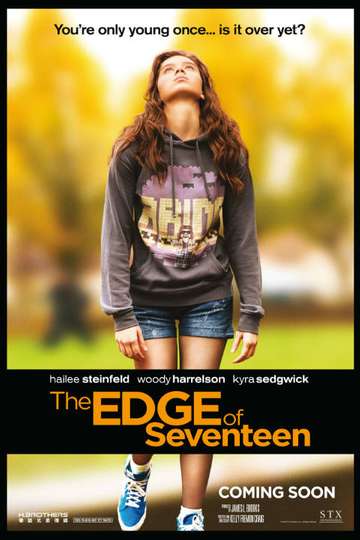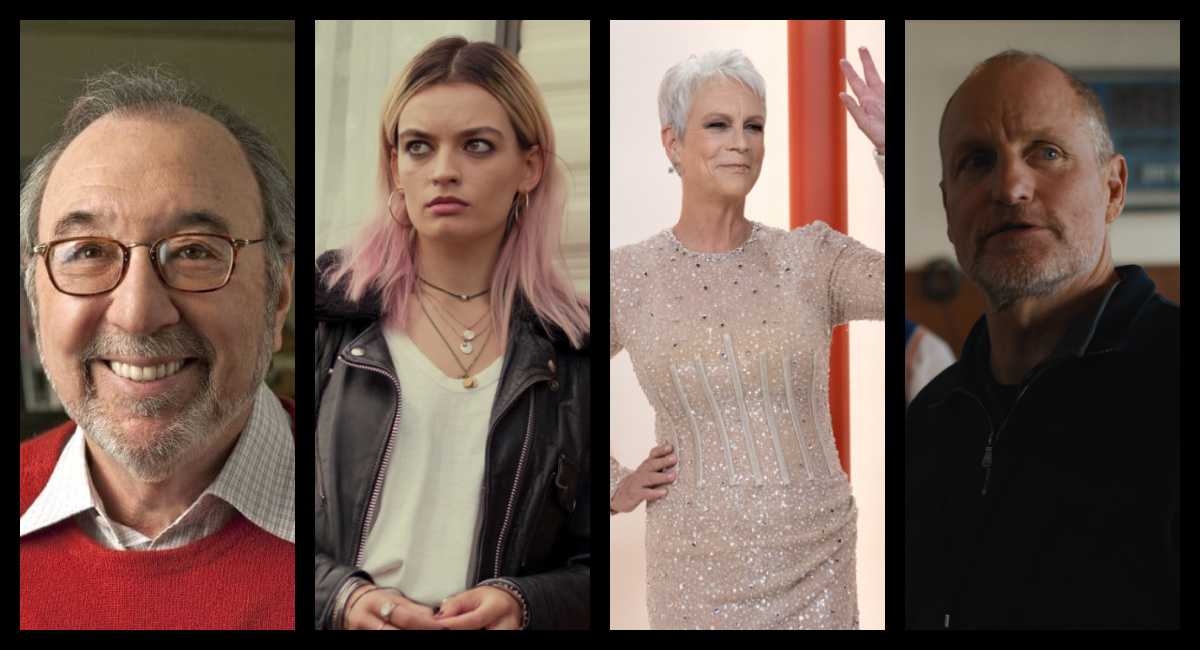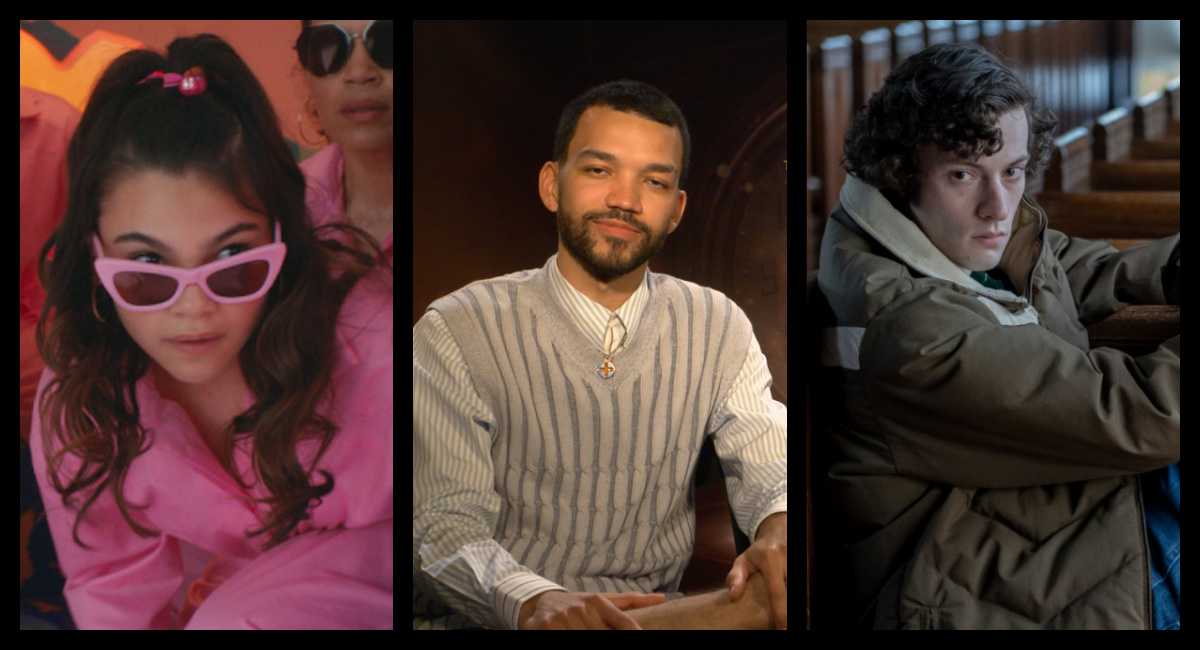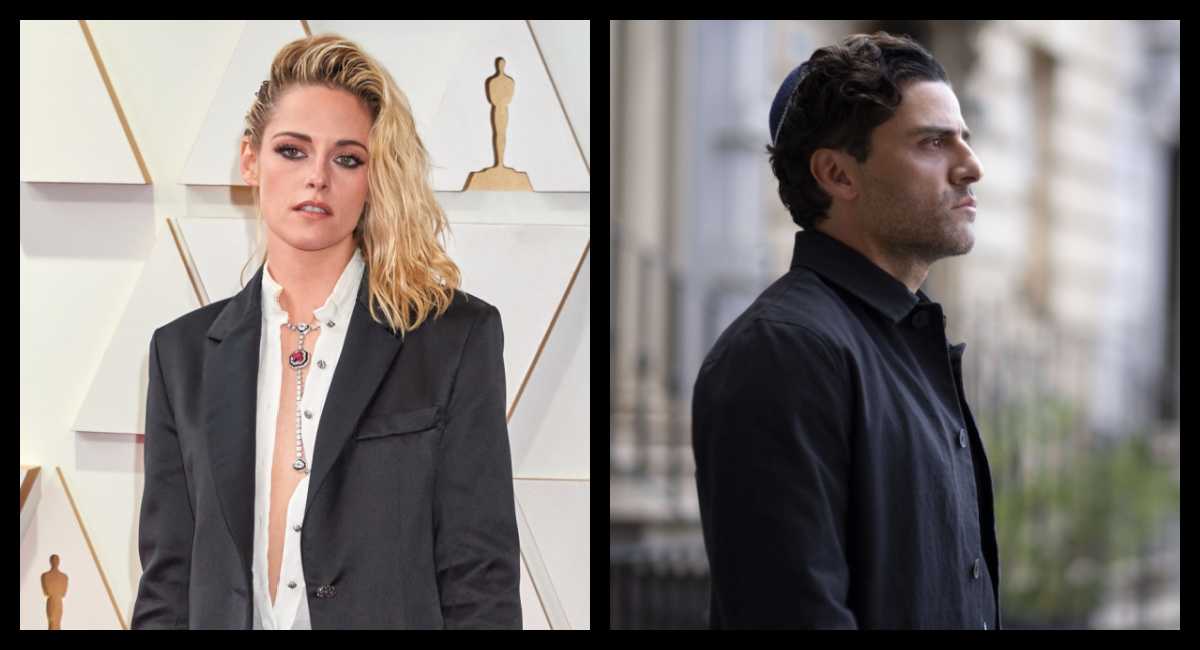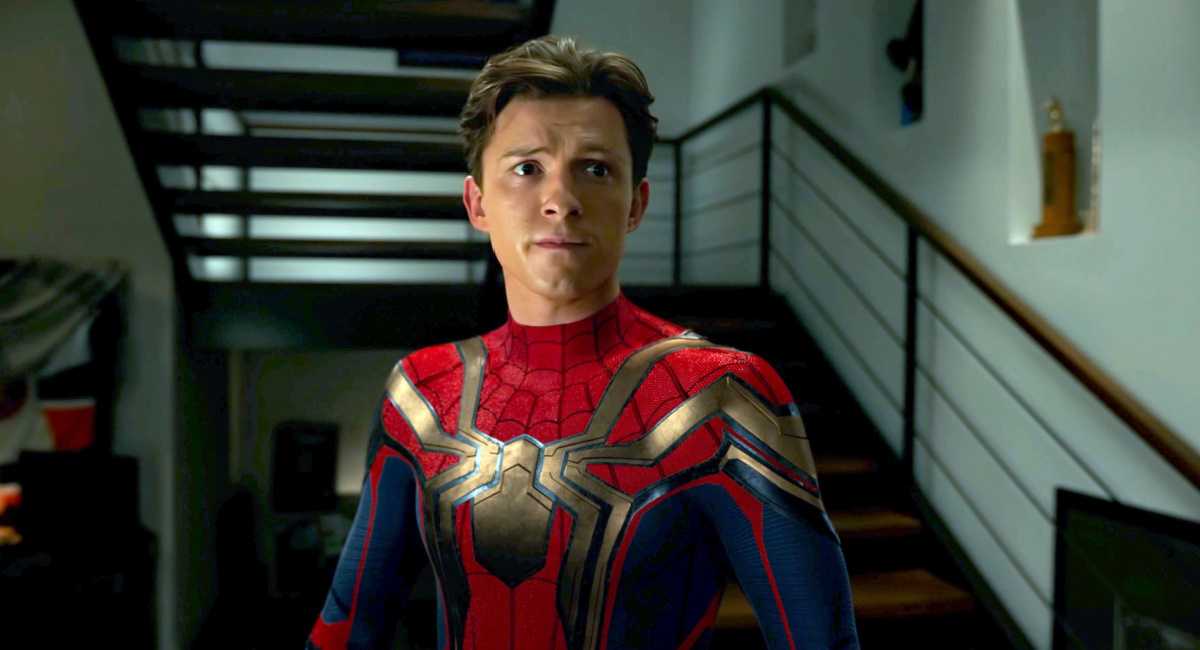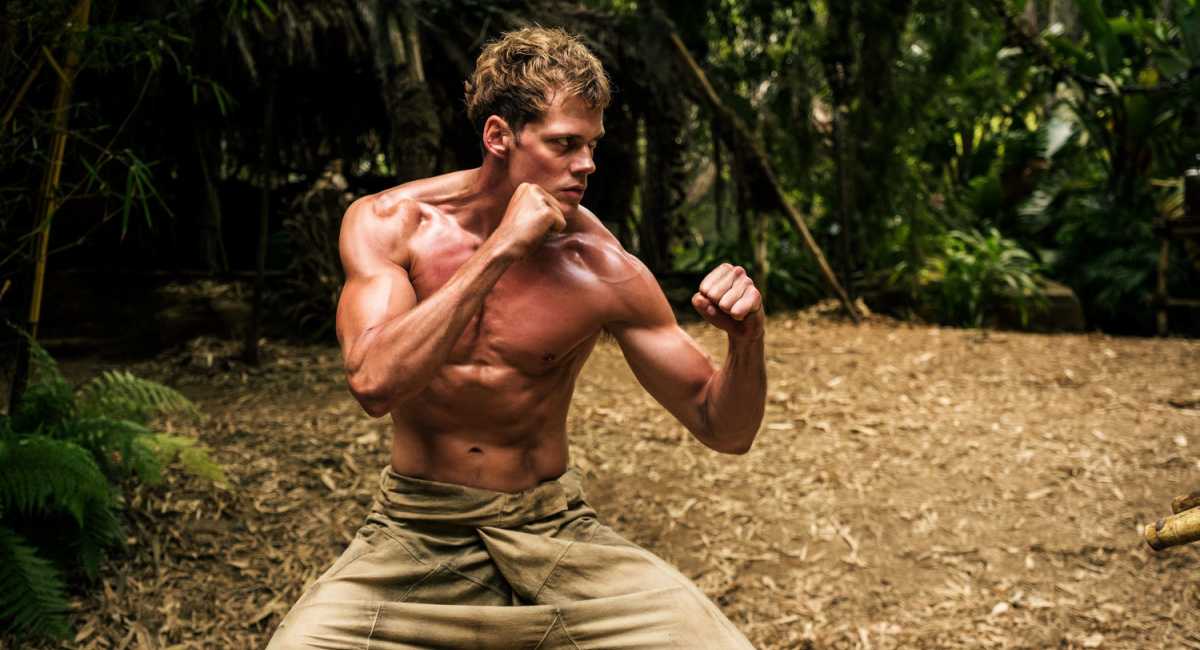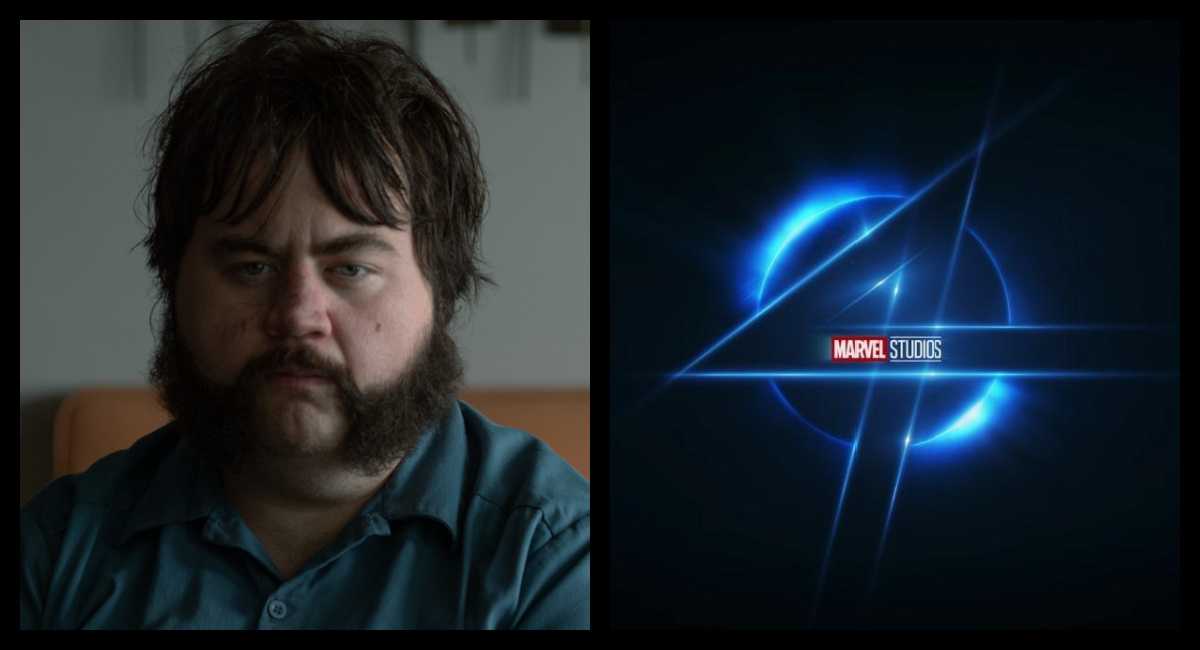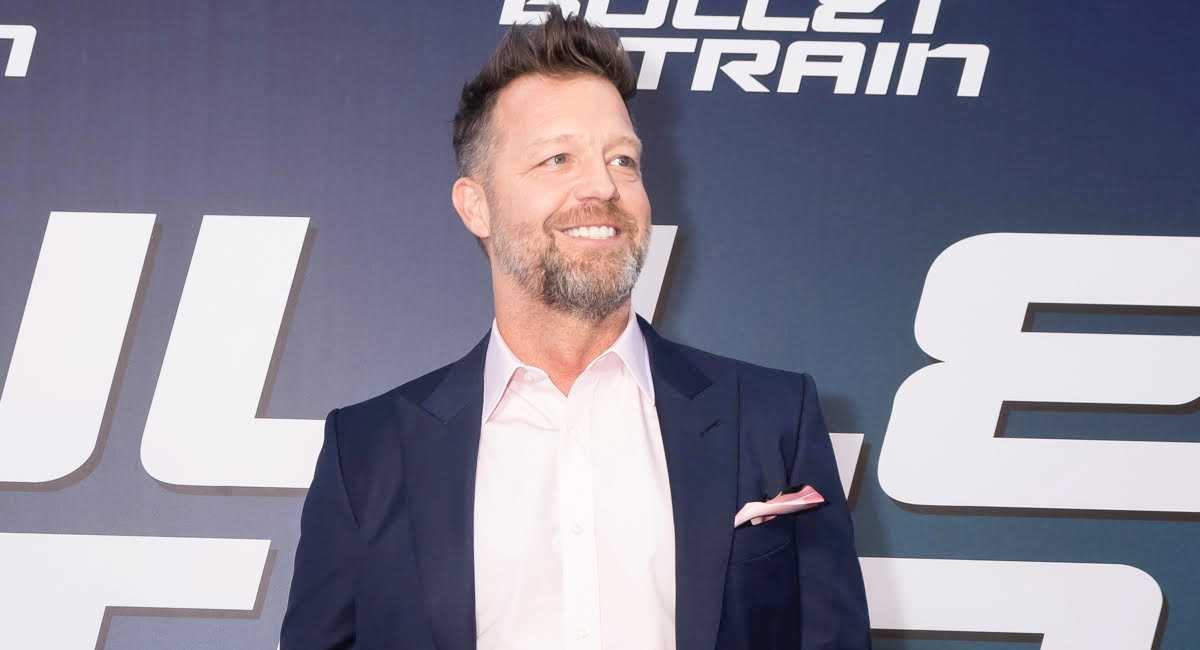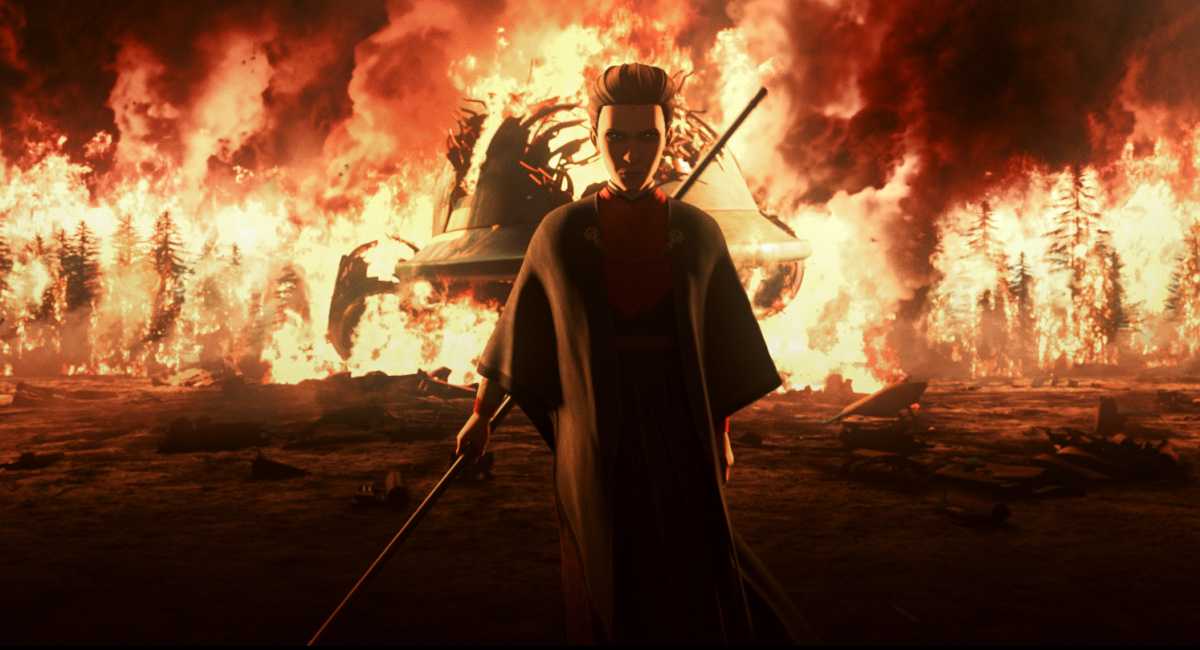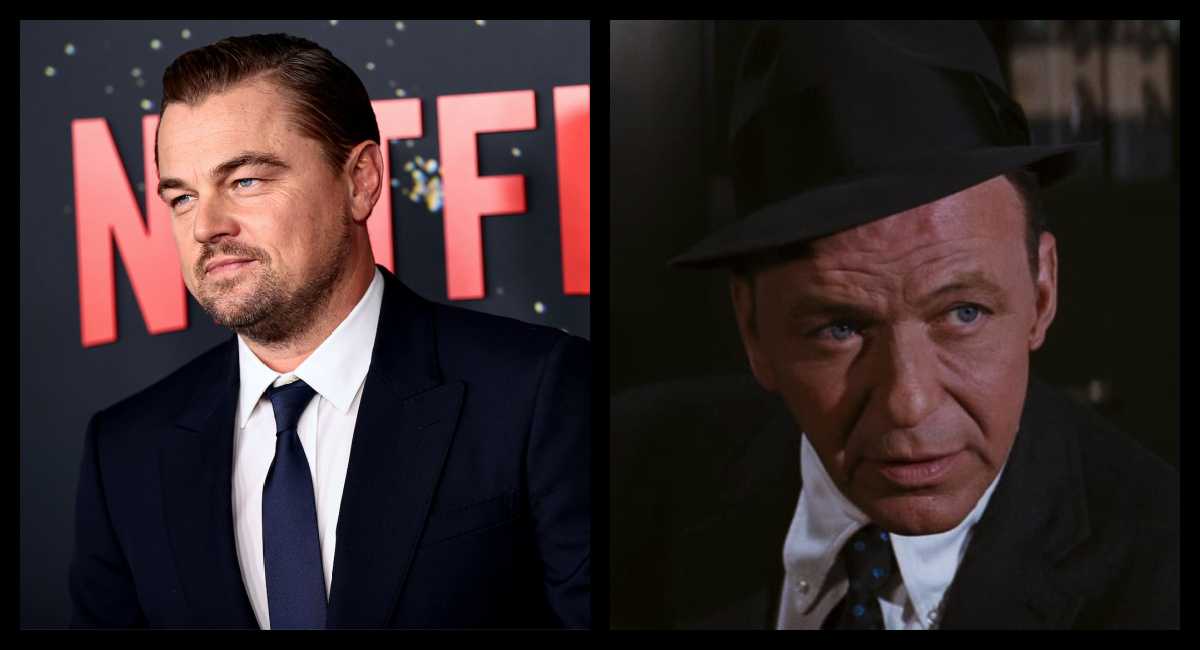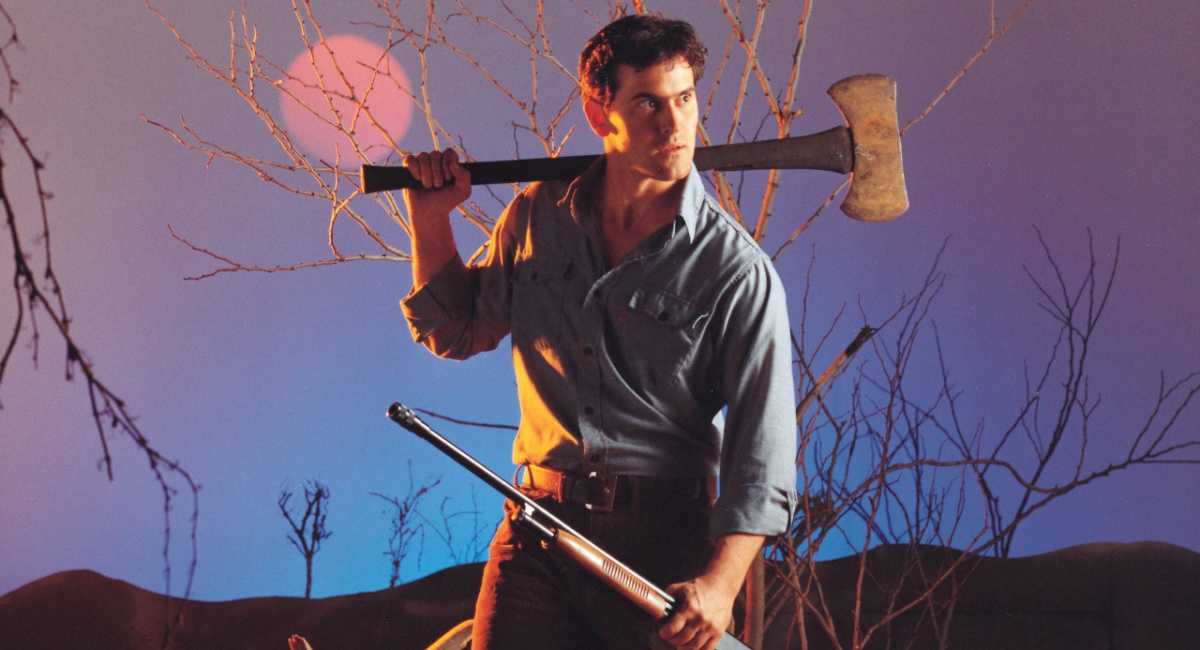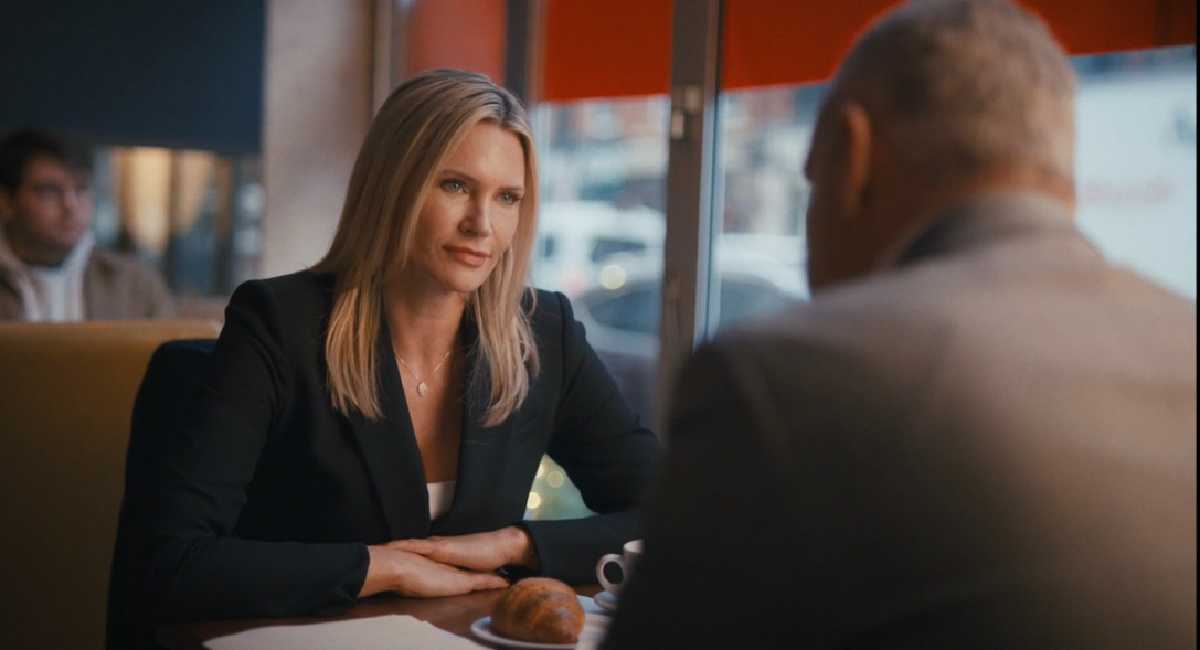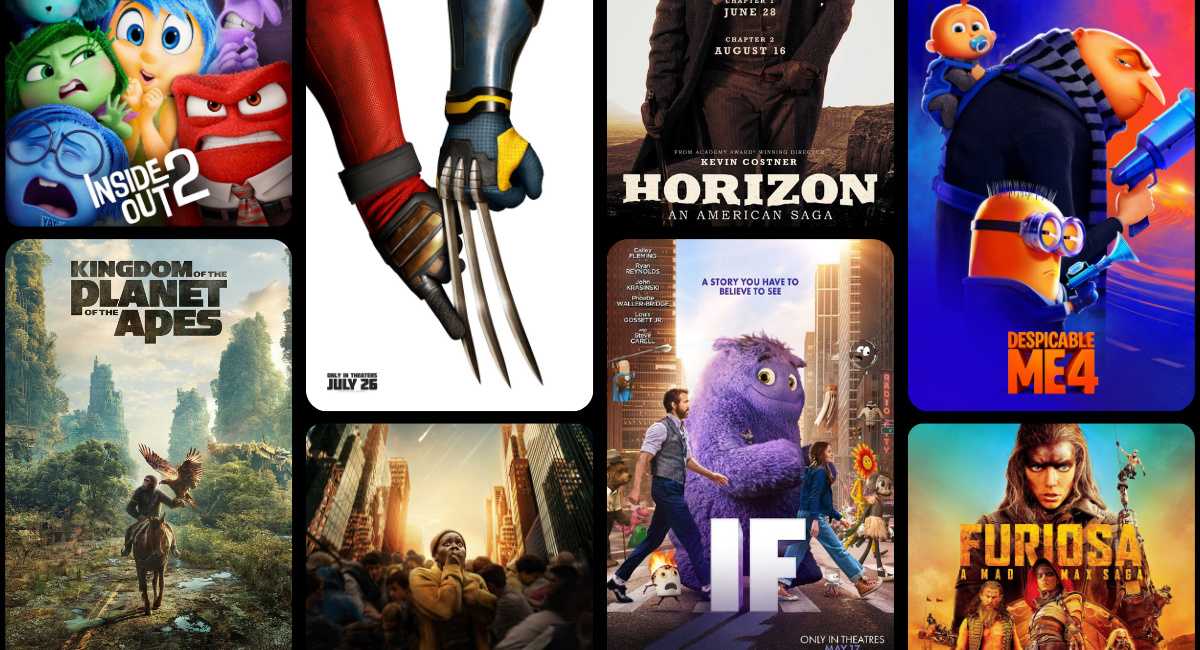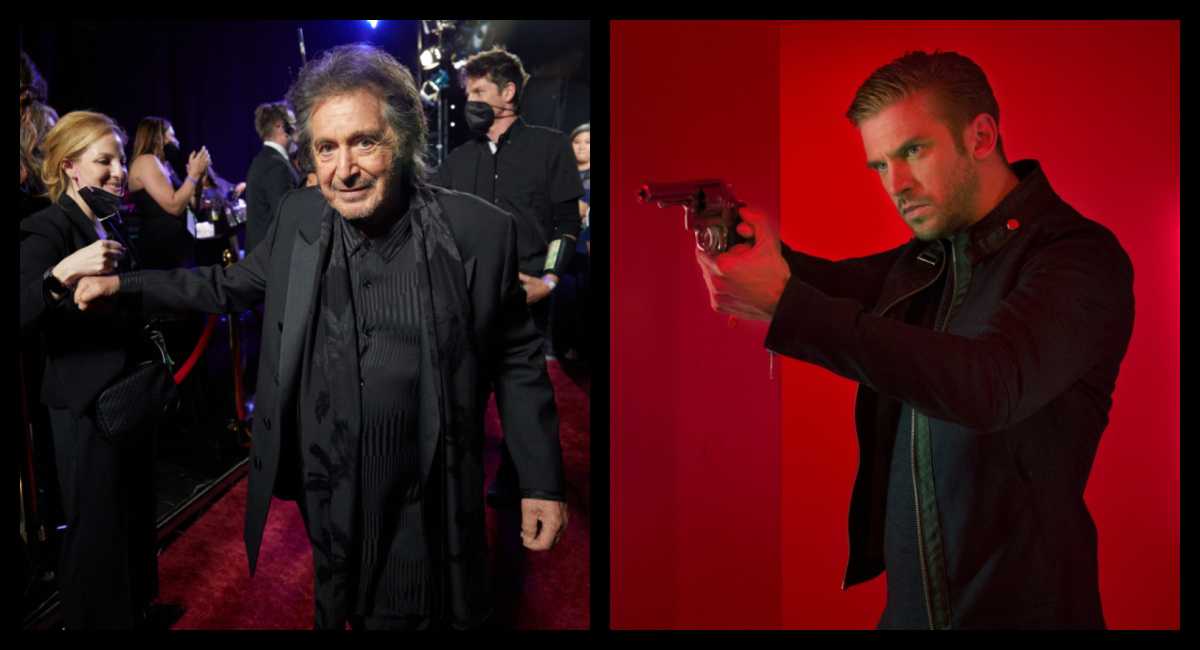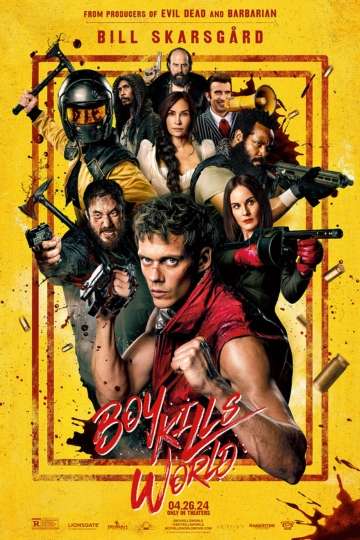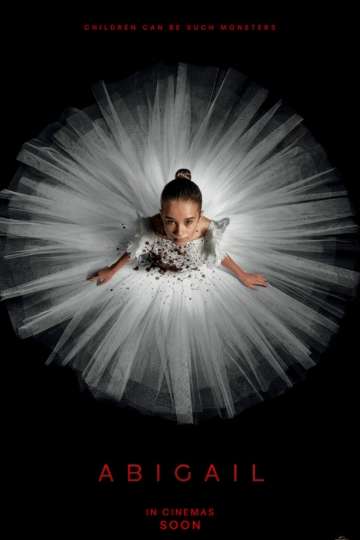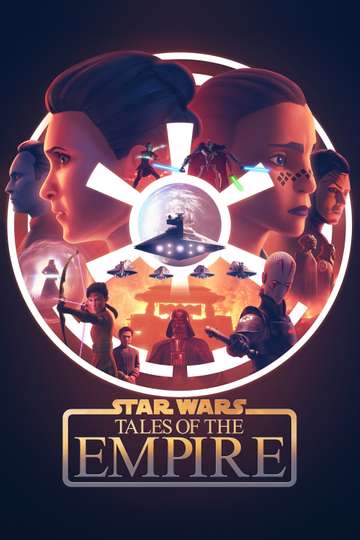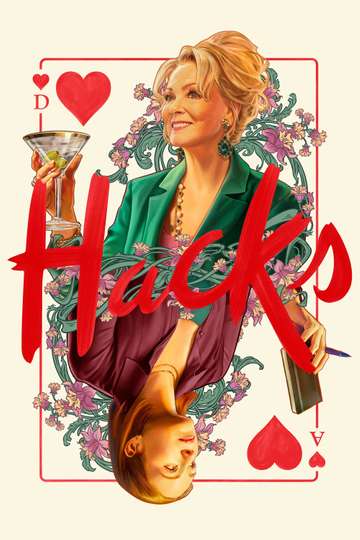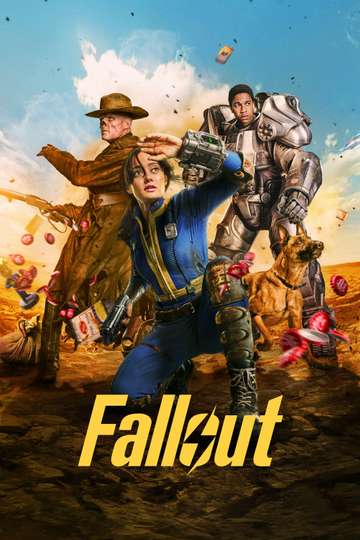James L. Brooks Reveals His Proudest Achievement and a 'Simpsons' Breakthrough
When you're writer/director/producer The Mary Tyler Moore Show," "Lou Grant," and "Taxi," and continues to executive produce the full-blown cultural institution known as "The Simpsons," which just reached its 600th episode; in film, he wrote and directed the enduring classics including "Terms of Endearment," "Broadcast News," and "As Good as It Gets," and produced equally beloved movies like "Big," "Say Anything...," "Bottle Rocket," and "Jerry Maguire."
So what do you do for an encore? You keep making high-quality movies and television series, that's what.
Now 76, Brooks served as a very involved executive producer on "The Edge of Seventeen," the critically hailed, alternately hilarious and poignant teen dramedy that stars Hailee Steinfeld in a bravura performance as a snarky, often surly high schooler contending with a confounding life that, frankly, pisses her off a lot -- the film has an enduring, relatable, and utterly re-watchable quality built into its DNA. And then there's his ongoing, hands-on oversight of "The Simpsons," including -- at long last -- a possible second feature film set in Springfield.
Brooks shared the current tricks of his trade with Moviefone, and, along the way, reveals what he considers, in a career full of high-watermarks, the scene he wrote that he remains the proudest of.
Moviefone: You've certainly taken on that mentor/producer role before. With this particular film and this particular filmmaker, Kelly Fremon Craig, what was it that you saw that made you want to sprinkle your particular brand of fairy dust on the film?
James L. Brooks: In this [material], at the time that I saw it, it wasn't such a motivating factor for me. Meeting Kelly was a motivating factor for me. Then it began a journey, where I don't know if that'll ever happen again.
Usually, when there's a first draft -- I don't even know if we can even call it a first draft. Let's call it a "getting-to-know-you." Usually, when there's a first draft, you say, "Let's do this on page 24," and "I think this act, you're moving around things ..." In this case, we just began an experience together. I was impressed with her. I was really impressed with her.
And then we started, she went out, she did research, and she's really good at it. She can ask young women questions and get them to open up, because I think she's empathic. And then we'd look at the videos of that, and then we'd just talk. Then at a certain point, she went away and wrote.
And it wasn't like a new script happened in those years, because we're talking about a four-year period, from beginning to end. It wasn't just like a new script happened, a writer happened. A voice happened. Popped in a way that I know I'll never see it again. I've never seen it before.
What's the get-back for you? You've done this with people like Cameron Crowe and Wes Anderson, and now Kelly. What's the fun and rewarding part for you to do this?
I like the work. I like the work. I think there's a thing where, we have this thing called Gracie Films, which, really, most years, we don't do a movie. The majority of years we don't do a movie. But when we do a movie, it's because we care about the writer. And that was always the thing that we said, "What's the void? What's the niche you can fill?" And that's giving a writer control of their work.
Do we take pride in "no writer was ever re-written by an outside writer"? I think we're proud of that. And every writer who ever worked on any film that we were connected with was with it to the end, either directing it or playing a production role. So that's our sort of like -- I think the term became 15 years after we started -- mission statement.
That experience doesn't happen very often, where there's a writer that you want to get in with. In this case, in all the cases to different degrees, it's a specific relationship where it's intense, it's open, it's personal, it's real stuff -- it's real stuff! We were on the front lines together, and there were front lines. In any movie, if this goes this way, it's all over. Well, maybe if you're hitting beats of genre maybe, maybe something else. But not in any movie where you couldn't say in two sentences what you're after.
And, in this case, I think there were three, or four pieces of casting where if the right person didn't walk in the door, Woody Harrelson wasn't coming through town at that moment, if Hailee didn't finally show up after 1,000 -- literally -- young women had been read, we wouldn't have made a movie. It's not like we would have made another movie. We wouldn't have made the movie.
The landscape of media, in film and television both, is shifting like crazy, constantly. How easy was it to stick to your mission statement in the current environment?
That's a great question. That was my extra motivation because you can't go in and say, first of all, I think we're going uphill in two instances. I know what you mean by the current situation. The business is the business is the business. Every man a businessman. But I also believe good pictures always get made. Every year. Every year. It might be some people having an uphill climb while other people are skiing down.
But, in this case, we went and we asked for money. I think we were going uphill. I hate to say it because it sounds so political and social, but just for honesty's sake, there were times we went into meetings where people loved the script, and it was a pro forma meeting, and we walked away without the money. Happened enough times, so I said, "If this was a guy directing and writing, would it have been different?" I don't think that way. Would it have been different?
Women are on the other side of those desks, too. And I don't know that that's true. But all I know is on these three occasions, they love it, they love it, they love it, they just want to meet, and then we walk away. Maybe that happens anyway -- I don't know. For me to have the suspicion enter my mind, that that could possibly be it, because I was there, I was going to back it up.
And then I wanted to do a "Hey kids, let's do the show right here" movie. I wanted the spirit. I wanted to do a movie for all the right reasons. For passion. So many people on this movie worked for free. It was just so many. People that work with me all the time, they all worked for free on this. So many people came through, and to nurture it. The first round of it was so idealistic. Sometimes I just take Kelly to meet somebody great at what they do. Rick Carter, we talk about production design. I take her to Larry Moss's acting classes. We just start to get the spirit, and just have the illusion that just a look at the sky a little.
And then you get down and you fight for a 30-day schedule. Every day less than that and your movie's going to be a little different, I believe. That seemed to me, to try and do it right, we needed the 30. Twenty-six is a somewhat different movie. It is. So all those things, and then each moment -- and I was there; I was on set, and it was surreal in the intensity, and the rawness, in the movie becoming the boss for all of us, which I believe in. At a certain point ... that's the boss. So that's the bond, even when you're discussing things in a phonetic way.
So much of your work has either been set in a media context -- a newsroom, or some kind of similar setting. Or you've really done a very journalistic approach behind-the-scenes, a lot of interviews, a lot of investigation to get where you're going. Give me your thoughts on today's landscape, having immersed so much in both media and the journalistic style of investigating things. Have things changed in such a dramatic way that it's foreign to you to look at it? Or is it very familiar, it's just the context that's changed?
I would say -- I'm not sure I'm right about anything -- I think sometimes it's important, the question is more important than the answer. A lot of times the question is more important.
Television continues, I think, to be "the writer rules." Writers have control of their material to an extraordinary extent. That continues to be television. Movies are where directors ruled -- and directors do, there's no way to exaggerate, that's the person who says print. That's the person that says, "Let's do this, I don't like that, I don't like that dresser, this is the actor for this." So there's no way to exaggerate that. But studio rules as well. Because it's become a business, and everybody talks numbers.
Everybody talks numbers. That's the world now. Everybody talks numbers: "What's my tracking? What's the thing? Test this. What's our preview score?" That's going on. And it used to be that went on, but it was sort of silly because you couldn't quantify it ... And now you can say "This movie made this much if I do this," and you write. You just run it through a computer and you write, and you go make the picture. But lots of great movies this year. Somehow it always happens. Somehow there are always people making it over the wall, and this picture did, and a lot of other pictures did.
You've got such a rich legacy in television, and we're at this moment of peak TV, where there's so much great content out there. Are you intrigued by doing more TV again?
I'm blessed with my "Simpsons" job. I'm really blessed, because we not only do our show, we're always doing side things with our characters. We just did a virtual reality thing, which is two and a half minutes long, with Google. That was labor-intensive, but really fun. Really fun. Now we know a little about it, out of total ignorance. Now we know a little about it, and we're doing this other thing with them.
And we did a movie. It's not impossible that we'll do another one, but it's not impossible that we won't as well. But it's serving that spectacular thing that's been so good to us that takes up a lot of television time. So it's occurred to me a few times. It's occurred to me a few times. But "The Simpsons" is my day job. I break away for hunks of time, but I'm on the phone for the reading and stuff like that. And we've built up, it's like a little city that we have when we work there together. How many people get to say they work with some of the same people for over 25 years? It's ideal.
You just hit 600 episodes.
Yes, sir!
And you're still landing on people's lists of, if not always number one, in the top five greatest TV shows of all time. In your wildest dreams, what's your fantasy for the longevity of "The Simpsons"? How long would you like to see it keep going?
As long as we feel this way about it. I think that's the answer ... It's magical, and I always take pride in that you come down from Mars, you go on to 20th Century Fox lot, you go past all the writing rooms, and you'd say, "Oh, those people are the new show," and that's us because we go at each other, and we fight for it.
Somehow, there's a crazy thing that happened to us about the eight-year mark. It's ludicrous to say, but it happens to be sort of the truth: "Where the hell are we going to get another story?" And then we broke through that. And it's that thing in marathons, I think, where you just break through, and something happens, and suddenly you let down, you change your rules a little. Somebody new comes in and joins you and says something, and we keep on each other. It's community. It's like living in a town, in a certain way. And with all new stuff happening all the time.
So that's great, and I'm working on a script, a movie script, and that's been very challenging. I always take a long time, but I've blown off a little by the work on this film, and this was a key year for the show. And I'm back to it now, which is very important to me, and will take preeminence. So there's not much room, and my life is working OK these days.
This is a loaded question for anybody, but what are you proudest of as far as your legacy as a writer of film and television?
Today? The devil speech in "Broadcast News."
It still rings pretty true. Did you feel something special when you were writing that?
Oh God, yeah! I just felt privileged. I just felt, "Yes, yes, and yes." Yeah, at the time, it was very important to me. And the whole scene was getting the right set. I remember the right practical set, the right house to put it in, consumed us. There's always one crazy problem on a movie that you don't think will become the key problem. Where to place that scene became the key problem. Where to place that scene? And then just rehearsing it, and just the staging of it. I just remember how important it was to me. Without thinking of it in the terms that we're talking, just for some reason. It was key in their relationship. It was a key story point, too.
Your work with Jack Nicholson has been so revered. Do you two have anything that you're noodling around where you might work together again?
We chat. We chat about it. In what I'm writing now, there's nothing appropriate. But he's the best. Way back, I remember having a drunken argument with a friend of mine, who was a writer, about who was the best actor alive. This was way back -- I'd say Jack was in his late 30s or something, I don't know, mid-30s, whatever the hell it was.
And [my friend] said The Odd Couple.'"
"The Edge of Seventeen" opens nationwide November 18.
